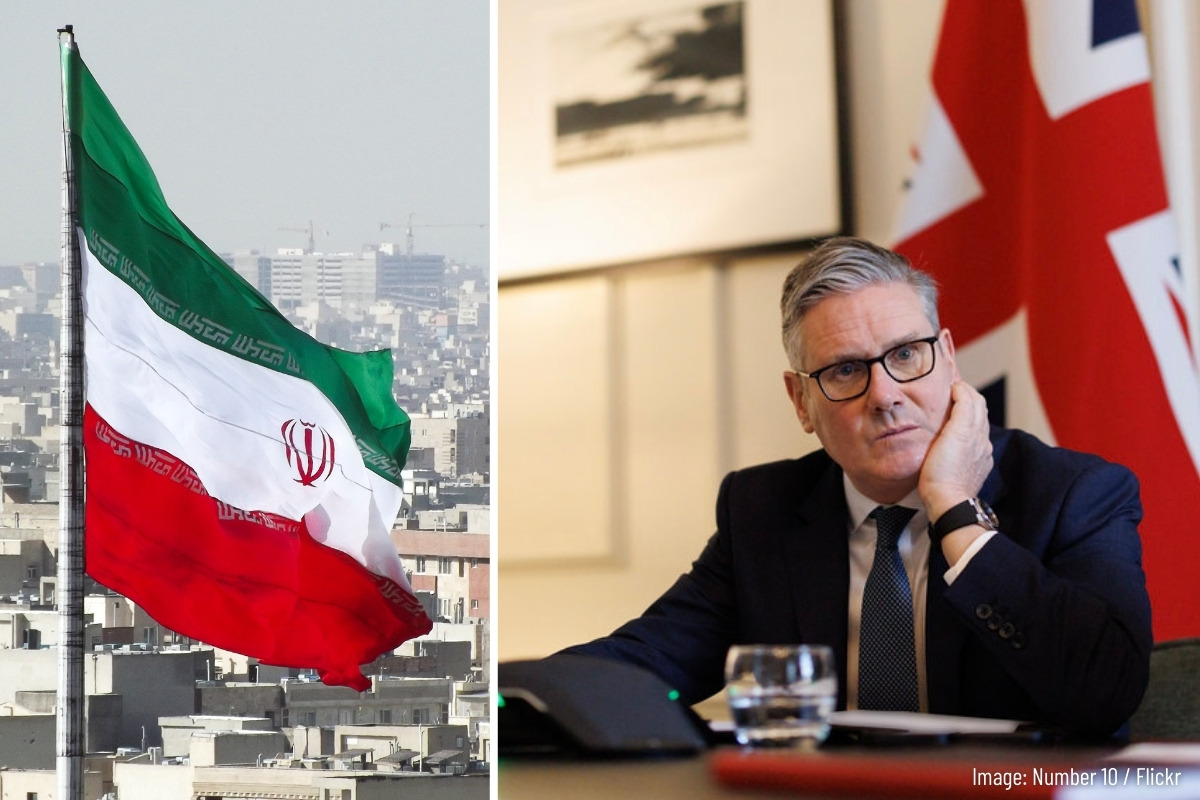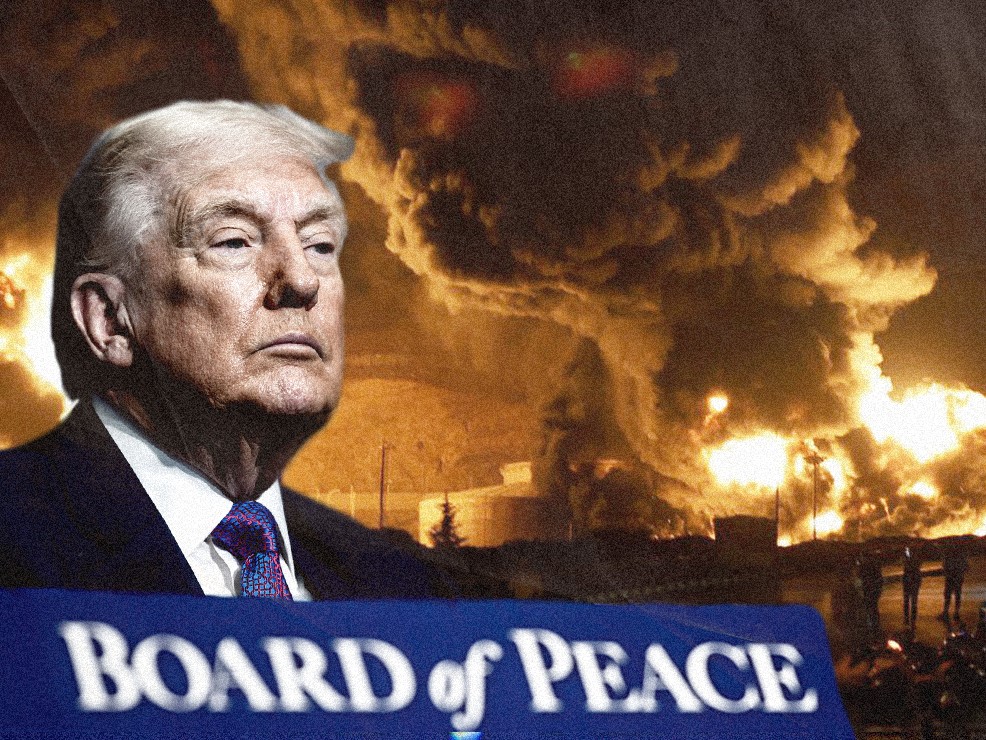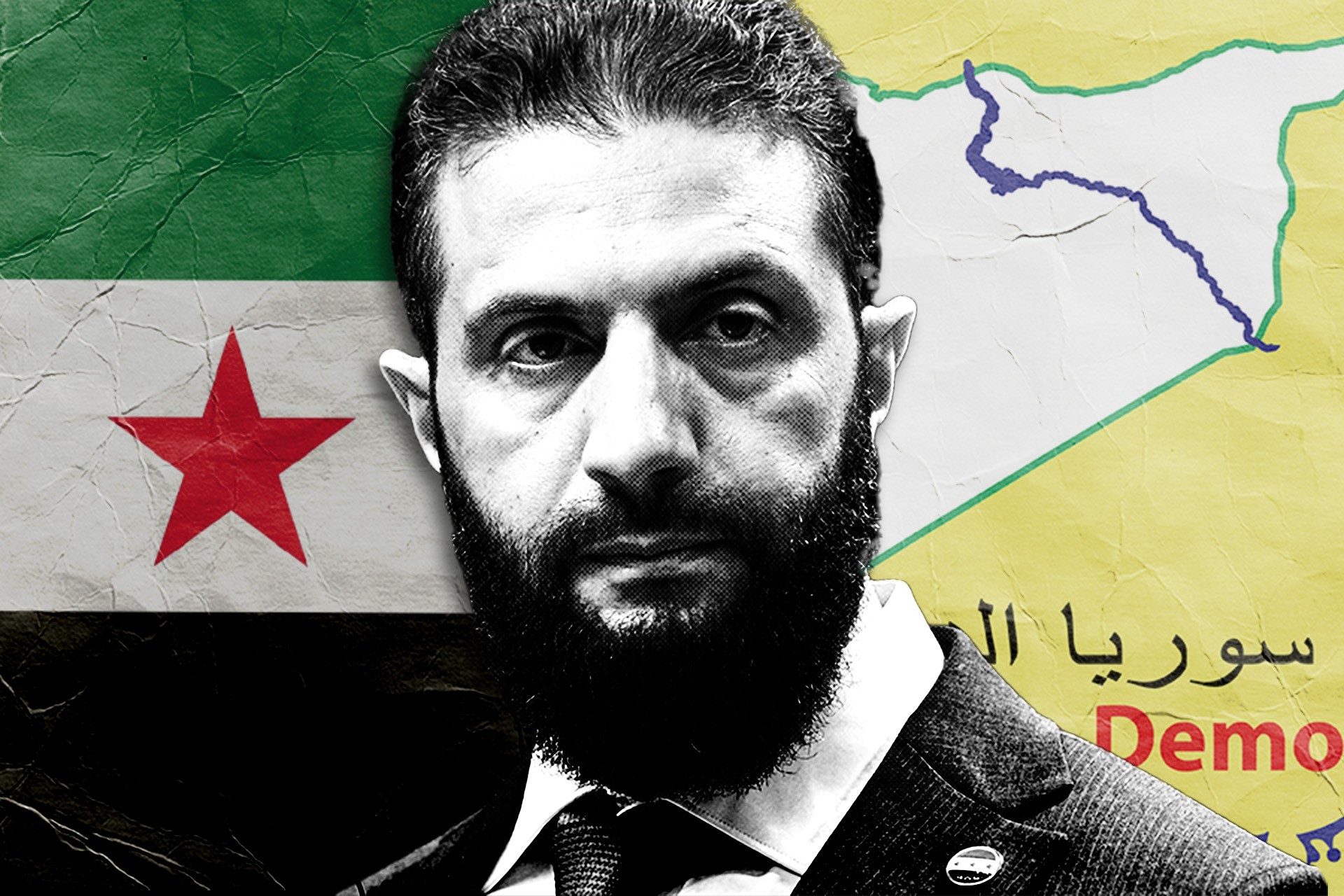The revolution in Egypt is reaching a
critical point. The old state power is collapsing under the hammer blows
of the masses but revolution is a struggle of living forces. The old
regime does not intend to surrender without a fight. The
counterrevolutionary forces are going onto the offensive. There is
ferocious fighting on the streets of Cairo between pro- and anti-Mubarak
elements.
The revolution in Egypt is reaching a
critical point. The old state power is collapsing under the hammer blows
of the masses but revolution is a struggle of living forces. The old
regime does not intend to surrender without a fight. The
counterrevolutionary forces are going onto the offensive. There is
ferocious fighting on the streets of Cairo between pro- and anti-Mubarak
elements.
Scene from 29 January. Photo: 3arabawy.Yesterday’s
"protest of the millions" surpassed all expectations. More than a
million people thronged Cairo’s Tahrir Square. There were 300,000 on the
streets of Suez, 250,000 in Mahalla, 250,000 in Mansoura, and an
impressive 500,000 in Alexandria. This mighty movement has no precedent
in Egyptian history.
Protesters took to the streets in every single city and town.
According to some estimates four million demonstrated all over Egypt. By
contrast, the numbers who took to the streets to voice their support
for the President yesterday were small and undoubtedly made up of
members of the security forces, bureaucrats and their families, all
those who have something to lose if Mubarak is overthrown.
The Revolution has enormous reserves of support. However, there are
weaknesses in the revolutionary camp. As we pointed out from the
beginning, the spontaneous character of the movement was both its main
strength and its principal weakness. The forces of the counterrevolution
are numerically weaker (this was shown yesterday). But numbers are not
everything in revolution as in war. Many times in history a large army
composed of valiant soldiers has been defeated by a smaller professional
army with good officers.
The revolutionaries have determination, courage and morale. But the
counterrevolutionaries have a lot to lose: their jobs, positions, power
and privilege. Desperation will give them the courage to resist. And
they are organized and well trained. There is not the slightest doubt
that the shock troops of the mob that attacked the demonstrators in
Tahrir Square today were policemen out of uniform. This was not a
spontaneous demonstration of loyalty to the President but a carefully
prepared action that corresponds to a worked out plan.
Mubarak’s strategy
In Tunisia President Ben Ali decided relatively quickly that the game
was up and took a plane to exile together with his wife and a large
amount of loot. President Mubarak of Egypt is tougher and more stubborn.
He has decided to ignore the millions of demonstrators shouting for his
downfall in the streets. He does not care what happens to Egypt. Still
less is he concerned with the preoccupations of his former friends and
allies in Washington. His only programme is survival. His only
perspective is the age-old slogan of despots: “Après moi le deluge” – “After me, the flood!”
Everyone must now realise that the only way of calming the country is
for the president to go. The self-appointed “leaders of the opposition”
have made it clear that they will not even talk unless Mubarak
disappears. They have no choice, since the masses on the streets are
vigilant and will not tolerate any compromise.
The immediate removal of Mubarak was therefore the only hope to
secure the "orderly transition of power" that the US so fervently
desires. But John Simpson the editor of BBC News World Affairs, an
intelligent bourgeois commentator correctly points out: “The only
trouble is no-one has told the crowds in Tahrir Square about this. Their
slogan is ‘Mubarak out now’ not ‘Mubarak out with honour in a few
months and the continuation of his system slightly improved’.”
In last night’s speech, Mr Mubarak promised to leave at the next
polls, and promised constitutional reform, but he announced that he
would like to stay on until September to oversee the change. In his
address on Tuesday, Mr Mubarak said he would devote his remaining time
in power to ensuring a peaceful transition of power to his successor (he
did not mention his son Gamal). He criticised the protests and said his
priority was to "restore peace and stability". "This is my country.
This is where I lived, I fought and defended its land, sovereignty and
interests, and I will die on its soil," he said.
The speech was seen by the protestors as a provocation. Far from
calming things down it again poured petrol on the flames. The reaction
of the protesters to Mubarak’s statement was first disbelief, and then
indignation. "The speech is useless and only inflames our anger," one
protester, Shadi Morkos, told Reuters. "We will continue to protest."
This was a universal reaction.
Last night the protesters remained camped out on Tahrir Square saying
Mr Mubarak’s promise was not enough, and chanting: "We will not leave!
He will leave!" The masses do not want to give Mubarak time to
manoeuvre. They want him overthrown and put on trial. On the
demonstrations yesterday they hanged him in effigy. That shows the real
frame of mind on the streets.
Everyone knows it was he who gave the order to shoot down the
demonstrators last Friday. The television showed the father of a young
man killed on a demonstration weeping as he cried: “They are killing our
children”. Now the regime is attacking unarmed people with murderous
intent. Unarmed people are being beaten, stoned and gassed in Tahrir
Square. With this regime there can be no truce, no peace and no
forgiveness.
An historical precedent
Egypt is in the grip of a titanic battle between revolution and
counterrevolution. Until this moment the demonstrations had been
completely peaceful. This had lulled the masses into a false sense of
security. Now all the illusions have been dissolved. The masses are
receiving their baptism of fire. Mubarak’s plan is to regain control of
Tahrir Square and thus to seize the initiative, which has hitherto been
in the hands of the revolutionaries. The struggle for power has begun in
earnestness.
February 1, a dummy Mubarak is dangling from a lamp post. Photo: monasosh.The
whole thing has been carefully prepared in advance. The anti-government
protestors are unarmed and were unprepared for the conflict. The
pro-government forces are armed and have used tear gas, thrown into
crowds including children. They have entered the Square mounted on
horseback and camels. With the advantage of surprise and superior
weapons and tactics, as I write these lines, the counterrevolutionaries
are slowly forcing the revolutionaries back. They have arrested
protestors who are then handed over to the army. Their fate is unknown.
In the context of these actions it is clear that Mubarak’s speech
last night was an integral part of a plan to push the Revolution back
step by step. By promising concessions and offering to stand down in
September, he was hoping to win the support of the wavering elements:
the middle classes who fear instability and long for “order”; the
bourgeoisie who fear a revolution like the plague and would like
business to return to normal; the backward, politically inert layers who
understand nothing and gravitate to the big names, the strong men and
whoever is in power; the depraved criminal classes and lumpenproletariat
who sell their political allegiance to the highest bidder. These are
the social reserves of the counterrevolution that are now being
mobilized against the Revolution.
There is a clear historic precedent. On 17 October 1905 (30 October
in the new calendar) in response to the Russian Revolution of 1905, Tsar
Nicholas II issued the October Manifesto. The regime was in what seemed
to be an impossible position. It was confronted with a colossal
revolutionary movement and a general strike. In many areas the
revolutionary committees of workers were taking control of society.
The Manifesto pledged to grant civil liberties to the people:
including personal immunity, freedom of religion, freedom of speech,
freedom of assembly, and freedom of association; and the convening of an
elected parliament the Duma under universal male suffrage. On paper
this was a major victory, but in practice the democratisation was
insignificant. The Tsar remained in power and exercised a veto over the
Duma, which he repeatedly dissolved.
The Manifesto was a gigantic fraud, just as the promised reforms of
Mubarak, but it was sufficient to buy off a layer that had previously
supported the Revolution. The bourgeois Liberals immediately supported
it, broke with the Revolution and made their peace with the Tsar. They
desired “stability”, as did a large part of the middle classes. Their
defection prepared the way for a counterrevolutionary backlash.
At the same time as the Tsar announced his reforms, he unleashed the
“dark forces” on the masses: the lumpenproletariat, the scum of the
slums, the anti-Semitic pogroms, to drown the Revolution in blood.
Mubarak is attempting to do the same. In Russia the pogroms were
organized by the tsarist police. In Cairo the counterrevolutionary
attacks are organized by plainclothes police posing as “pro-Mubarak
demonstrators”.
At the same time as his henchmen crack skulls in Tahrir Square,
Mubarak has announced that the banks and shops will reopen on Sunday,
the first working day after the Islamic weekend. The intention is to
create an impression of a return to normality. But normality will not
return to Egypt for a long time.
Washington worried
In Washington they are getting increasingly nervous. The longer
Mubarak clings to power, the greater the risk of what they call “chaos”.
The latest developments have confirmed their worst fears. Egypt may be
sliding towards civil war. The Americans would not be too worried about
that, but the problem is that it would destroy all their plans for a
“managed transition”.
In a statement after Mr Mubarak’s address, Obama said the US would be
happy to offer assistance to Egypt during the transition process. He
modestly declared that it was not his country’s right to dictate
the path for Egypt, but that any transition must include opposition
voices and lead to free and fair elections: "It is my belief that an
orderly transition must be meaningful, it must be peaceful and it must
begin now."
Despite Mr. Obama’s soothing words about having no right to choose
the leaders of other nations, we seem to recall that Washington had
something to do with the removal (and trial) of Slobodan Milosevic, and
was somehow instrumental in the removal (and execution) of Saddam
Hussein. We also recall the eagerness with which the USA proclaimed the
policy of “regime change” as the best way to get rid of dictators and
usher in “democracy” (under American control).
Here the cynical reality of bourgeois democracy stands out in all its
uncouthness. US imperialism always considers it to be their country’s
right to remove leaders that are disobedient and replace them with more
pliant leaders. To this end, “democracy” is as good an excuse as any
other. But when it comes to those regimes that are friendly to US
interests, all scruples about democracy and human rights instantly
vanish. The world’s policeman is suddenly afflicted by an attack of
scrupulous legality: “it is not our country’s right to dictate
the path for Egypt” – or, of course, for Saudi Arabia, Jordan, Morocco,
or any of the numerous unsavoury regimes that are America’s good friends
in the world.
Obama said he had told Mr Mubarak all this during a 30-minute phone
call. It would be interesting to know the precise content of this
telephone conversation, but we imagine it would not have been very
cordial. When the present occupant of the White House says that an
orderly transition "must begin now", this is as near as the Americans
dare to come to saying to Mubarak: “For God’s sake, go!”
There is very good reason why Obama cannot tell Mubarak to go, at
least in public. The Americans have to choose their words very carefully
because they are being carefully followed by the rulers of Jordan,
Morocco and Saudi Arabia who feel the ground trembling underneath their
feet. Simpson, again, explains:
“President Mubarak’s offer to stand down will cause shock waves right
across the Middle East. Until recently the regime in Egypt seemed
pretty much rock solid.“Now autocratic governments in North Africa right through to Yemen,
Syria and maybe even Saudi Arabia will be looking for ways to buy off
discontent at home.”
The shock waves from Egypt continue to shake all the neighbouring
countries. Turkey’s Prime Minister Erdogan is the latest to proffer
friendly advice to the embattled Mubarak. In the kind of obscure
utterance we associate with Ottoman diplomacy he advised his friend in
Cairo to take a "different step". He omitted to add the small detail
that it was a step over a very steep cliff.
What now?
John Simpson adds the following:
“In every revolution, popular or otherwise, there comes a critical
moment a tipping point at which the future is decided. […] The
fact is we are still not at the tipping point quite yet. But we will
know it when we see it.”
Suddenly there is an answer to the basic question: Are the protesters
too strong for the power structure or can the country’s leaders face
them down?
He continues:
“All popular revolutions share certain basic similarities. The vast
crowds, often gathering for the first time, believe that they are bound
to win because there are so many of them and their determination is so
great. But if the political structure refuses to take the hint and keeps
the support of the army and the secret police then it can survive. It
all depends on how strong and resilient the structure of government is.”
Simpson compares the situation in Egypt with the overthrow of the
Stalinist regimes in Eastern Europe two decades ago. I made the same
comparison in an article last week. The parallels are instructive. On
paper these regimes seemed solid and unchallengeable. They possessed
powerful armies, police and secret police. But in the moment of truth,
they were shown to be brittle and wafer-thin.
The case of Russia in 1991 is even more striking. The demonstrators
who brought down the old regime were few in number and nervous of the
government reaction, but the government was even more feeble and
collapsed without a fight. Now we see a similar phenomenon. In Eastern
Europe the crowds kept on demonstrating until the old regime simply
caved in. That is what we are seeing before our very eyes in Egypt. But
there is a difference. Mubarak refuses to go.
The masses are on the streets in large numbers but Mubarak has
unleashed the forces of the counterrevolution against them and the army
looks on. What is to be done? The people have correctly concluded that
if a week of demonstrations has pushed the president this far then
there’s every incentive to keep up the pressure on him. The next
flashpoint will be on Friday, when another mass demonstration will take
place after Friday prayers. The word is going round that the next step
will be a march on the President’s palace.
The people demand justice and revenge. Those who are guilty of crimes
against the people must be handed over to popular tribunals to answer
for their crimes. That is applicable not only to the police who fire
upon unarmed demonstrators but also to the man who issued the orders.
Insurrection is in the only way out. In order for it to succeed, the
workers’ movement must play a key role.
It was the long wave of workers’ strikes and protests that played a
key role in weakening the regime and creating this movement. Workers are
now setting up independent unions. They have the power to paralyse the
country and also to organise the economy. There has been talk of railway
workers refusing to transport troops and security forces to be used in
repression.
The calling of a nationwide general strike is the only fitting answer
to the use of thug tactics against unarmed demonstrators. In order to
prepare for this and keep order, action committees should be set up
everywhere (workplaces, neighbourhoods and barracks) and linked up at
local, regional and national level. This way the revolutionary people
can take power and elect their own representatives, not those who are
self-appointed “leaders” or people put in place by the US ambassador.
What we are seeing is a desperate rearguard action of the old regime.
The old order is like a wounded animal that refuses to die and is
thrashing about. The new order is struggling to be born. The outcome of
this life-and-death conflict will determine the immediate fate of the
revolution. The Revolution must defend itself. It must arm itself to
resist the attacks of the counterrevolutionaries. But the best form of
defence is attack. It is time for the movement to go beyond mass
rallies.
The only way to kill a snake is to knock it on the head. Passivity is
the death of the Revolution. Power will not fall into your hands like a
rotten apple. Instead of remaining in Tahrir Square, the masses should
go onto the offensive, march on the presidential palace and take power.
The revolutionary masses should trust only their own forces. That is the
only way to save the Revolution and win a decisive victory.
London 2 February 2011






